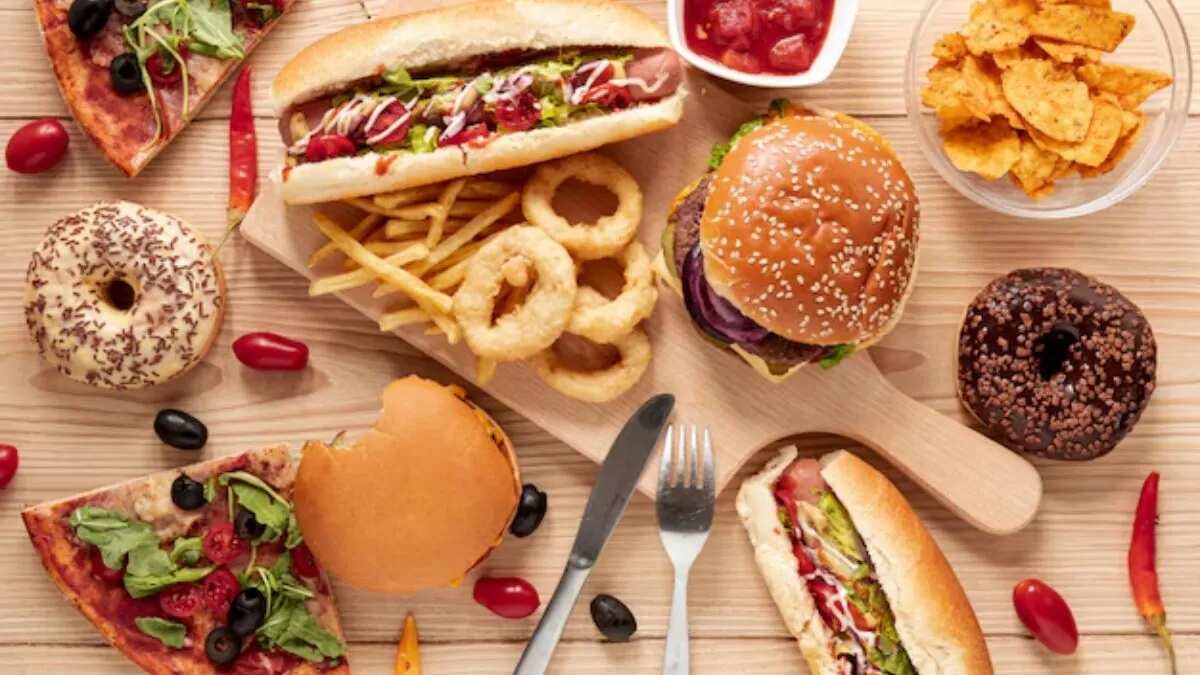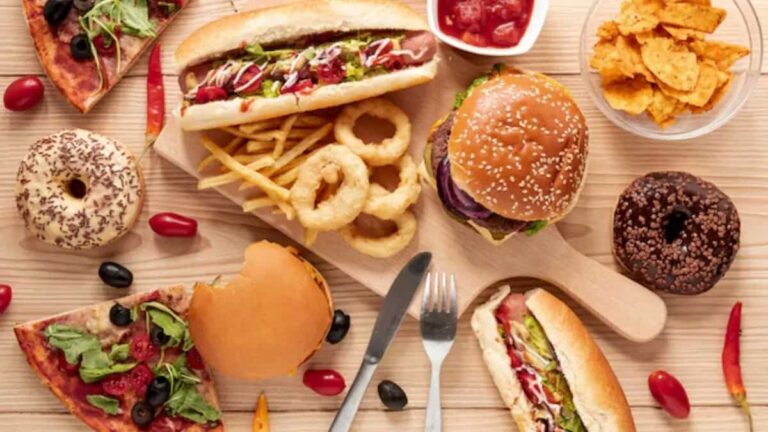Kurati Purwar Has been updated: June 13, 2024
A new trend is taking social media by storm. Following this trend without understanding what the “Fear Food Challenge” is and how it works could seriously harm the health of those who jump on board and follow it. Read on to find out about the risks associated with this trend.

Every day, new trends spread across social media platforms. Whether it be makeup or oil-free cooking, trends in different areas influence a large number of people, who jump on the new trend, create related videos, and post them on the platform with the intention of going viral. While most of these trends are harmless, some, especially those related to food and diet, can be harmful when combined with misinformation.
Many influencer nutritionists, doctors and dieticians have gone viral by telling people what to eat and avoid in their daily lives to manage common health issues. However, government health agencies have stepped in and caught them after witnessing people harming themselves in the race to follow trends. Similarly, the “Fear Food Challenge” has gone viral on TikTok, a social media platform that is banned in India. The challenge involves people eating foods that they have avoided their whole lives for various reasons.
What is the Scary Food Challenge?
Before it became a trend, the scary food challenge was an exposure therapy technique to help people recover from health issues, especially eating disorders, according to Indian Express. As the challenge garnered over 500 million views, experts began to worry about the health of people who blindly follow the trend (like someone who crosses the road without looking left or right).
This challenge is similar to cognitive behavioral therapy (CBT), the only difference is that there is no medical institution or expert to witness the results and guide the patient. Eating disorders can develop at any age and are often treated this way with environmental adjustments. But who is orchestrating the social media experiment?
What are the risks of a scary food challenge?
Anything that sounds like an experiment should be done in the presence of an expert. In this case, the expert would be a psychiatrist or an eating disorder specialist. There are no such experts on social media platforms, hence warning people across the world against blindly following this fad. This viral trend usually involves one person uploading these videos without any expert supervision.
For people who suffer from eating disorders, this can be a trigger. Even if the person is healthy, harsh comments on videos can have a negative impact on the mental health of social media users. From 1 to n+1, there is no way to know how dangerous this tendency can be for people, especially without supervision. This can be dangerous for children, teenagers and adults who are very self-conscious about themselves, constantly question their perceptions, criticize themselves and struggle to manage their self-esteem.

